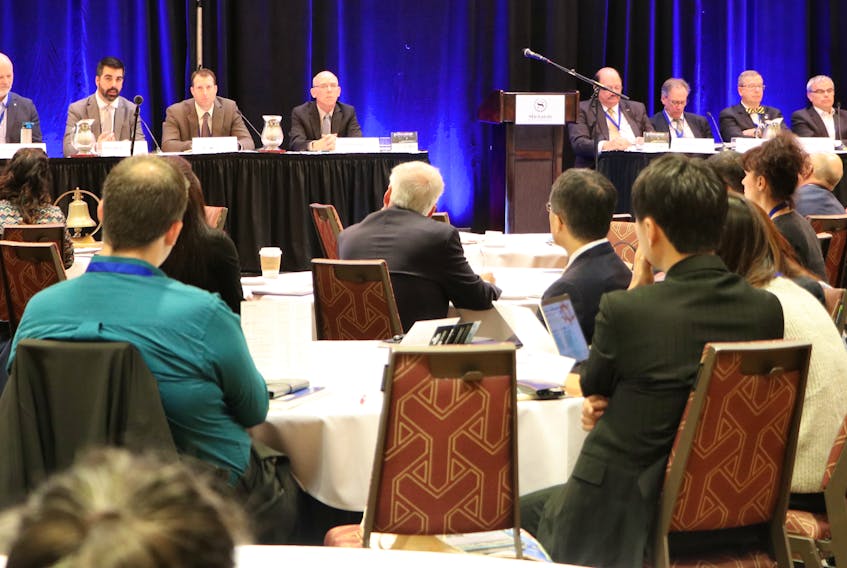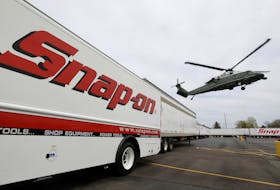The lure of navigating the Northwest Passage has long intrigued adventurers, explorers, traders and business people.
It’s a magnificent and raw place of ice, wind-swept barrens, wildlife and Inuit villages.
New technologies have allowed for increased traffic to the Arctic region in recent years, including that of cruise ships and supply vessels.
A conference in St. John’s this week is exploring new technology and innovation for Arctic navigation, along with how to include locals in decision-making and job opportunities, and of maintaining the environment.
The International Association of Marine Aids to Navigation and Lighthouse Authorities (IALA) 2017 conference and the Marine Institute of Memorial University’s annual Ocean Innovation 2017 conference have joined forces this week for one event exploring e-navigation infrastructure, ice navigation, passage planning, sea traffic management, and governmental programs and plans related to the Polar Code.
The Polar Code was adopted by the International Maritime Organization in 2014 to regulate shipping in polar regions, principally relating to ice navigation and ship design.
“We are approaching this joint conference from a national and an international perspective, giving everyone a voice in what is needed to operate in these regions and how we can work together to develop and implement effective laws and guidelines,” said Catherine Dutton, conference chair and head of the school of maritime studies at the Marine Institute.
More than 100 officials from coast guard authorities, maritime administrations, shipping companies and pilotage authorities are studying new technologies, such as augmented reality navigation, risk-assessment systems and innovative satellite imaging technology and cloud processing for improved e-navigation.
A final report of the conference’s conclusions and recommendations will be submitted to IALA for distribution to appropriate agencies worldwide.
The Marine Institute is also hosting a Government of Canada Oceans Protection Plan workshop showcasing interlinked Arctic initiatives being undertaken by Nunavut Tunngavik Inc., World Wildlife Fund Canada, Oceans North and the federal government. Participants will also identify opportunities for further collaboration between government, industry, communities and other potential partners.
The Marine Institute’s annual Ocean Innovation conference explores the latest innovations in the areas of maritime safety, efficiency of operations and sustainable ocean management.









